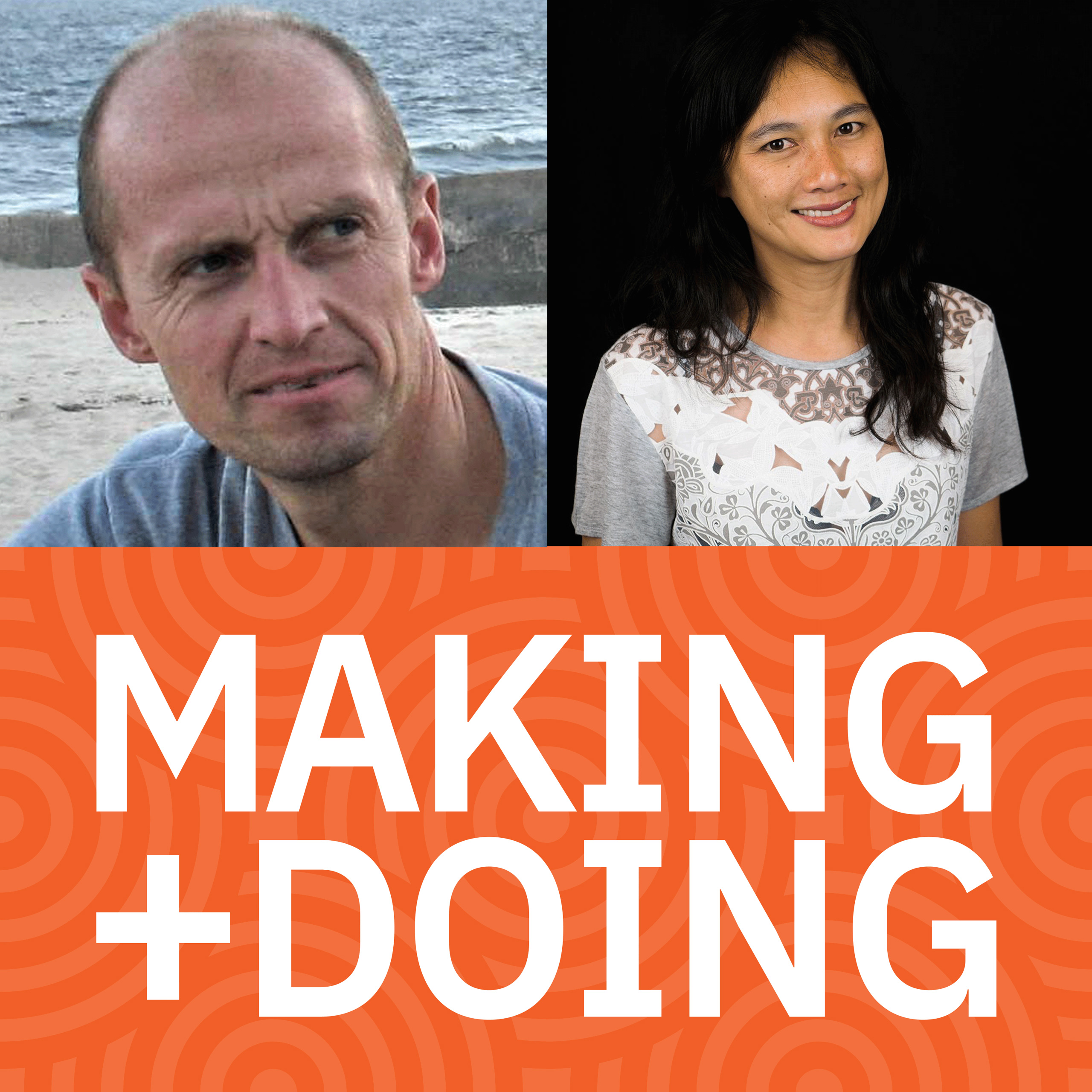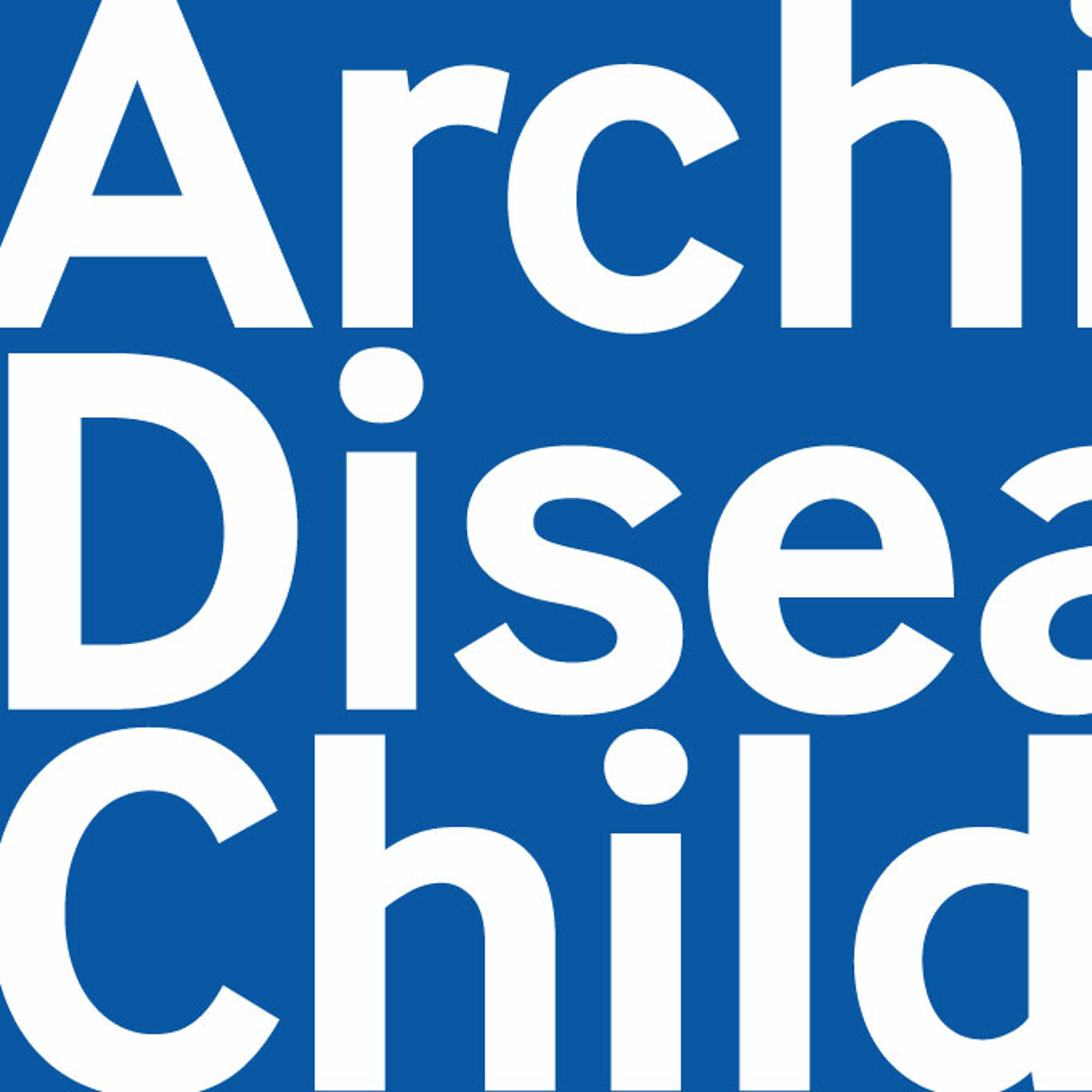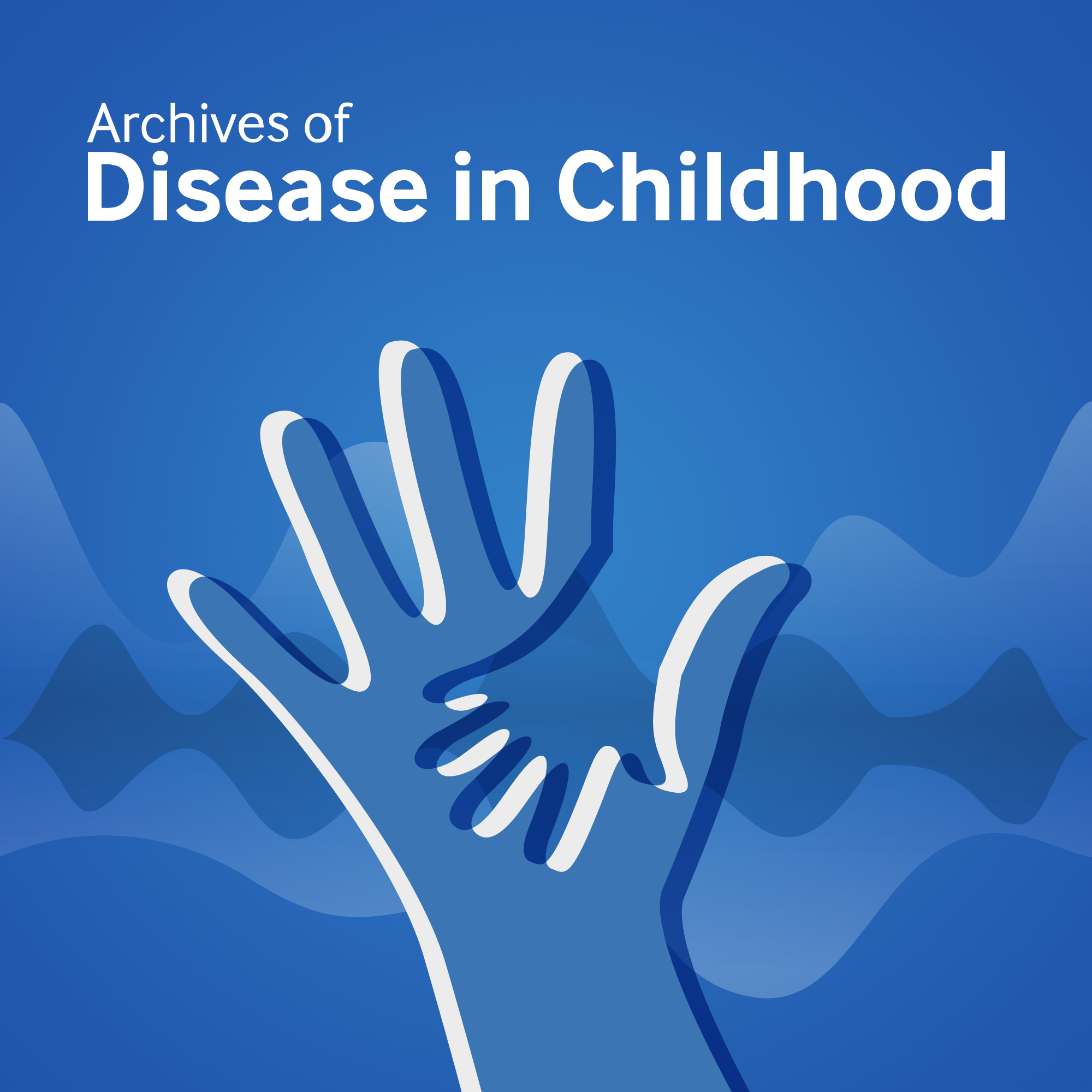Shows

How Epidemics EndLorenz Von Seidlein and EpidemiologyDr Lorenz Von Seidlen (Oxford) and Dr Erica Charters discuss epidemiological research into cholera and global programmes for cholera elimination.
2021-10-0818 min
Making and DoingDesign Research meets Medical Science Research 7
Graham Newman discusses with Dr Lorenz Von Seidlein and Dr Phaik Yeong Cheah from The Mahidol Oxford Tropical Medicine Research Unit (MORU) how a multi-professional perspective for clinical and design research can add value for South-East Asian community healthcare projects. https://designschoolasia.com
2021-03-0754 min
Translational MedicineMalaria elimination in the Greater Mekong sub-regionDr Lorenz von Seidlein from our MORU unit in Bangkok, Thailand, tells us about his research on malaria elimination in the Greater Mekong sub-region Multidrug resistant P. falciparum malaria is now established in parts of Thailand, Laos and Cambodia, causing high treatment failure rates for artemisinin combination therapies, the main falciparum malaria medicines.
A further spread from Myanmar to India then sub-Saharan Africa would be a global public health disaster. TME seeks the best ways to eliminate drug-resistant malaria, using both technical solutions and novel ways that engage entire communities.
Dr Lorenz von Seidlein coordinates MORU’s Targeted Malaria Elimination (TM...
2017-04-1205 min
Translational MedicineMalaria elimination in the Greater Mekong sub-regionDr Lorenz von Seidlein from our MORU unit in Bangkok, Thailand, tells us about his research on malaria elimination in the Greater Mekong sub-region Multidrug resistant P. falciparum malaria is now established in parts of Thailand, Laos and Cambodia, causing high treatment failure rates for artemisinin combination therapies, the main falciparum malaria medicines.
A further spread from Myanmar to India then sub-Saharan Africa would be a global public health disaster. TME seeks the best ways to eliminate drug-resistant malaria, using both technical solutions and novel ways that engage entire communities.
Dr Lorenz von Seidlein coordinates MORU’s Targeted Malaria Elimination (TM...
2017-04-1205 min
MalariaMalaria elimination in the Greater Mekong sub-regionDr Lorenz von Seidlein from our MORU unit in Bangkok, Thailand, tells us about his research on malaria elimination in the Greater Mekong sub-region Multidrug resistant P. falciparum malaria is now established in parts of Thailand, Laos and Cambodia, causing high treatment failure rates for artemisinin combination therapies, the main falciparum malaria medicines.
A further spread from Myanmar to India then sub-Saharan Africa would be a global public health disaster. TME seeks the best ways to eliminate drug-resistant malaria, using both technical solutions and novel ways that engage entire communities.
Dr Lorenz von Seidlein coordinates MORU’s Targeted Malaria Elimination (TM...
2017-04-1205 min
ADC podcastGlobal child health: The past, present and future of malaria vaccinesDespite advances in prevention, rapid diagnosis and treatment and
being a focus disease for the Millenium Development Goals, malaria
continues to claim an unacceptable number of lives.
The first experiments in malaria vaccinology date back several
decades. There was excitement on the release of the Colombian Spf66
vaccine in the 1980s but this was followed by disappointed as the
trial results did not translate into the expected effictiveness on the
ground. Since then, molecular advances have seen a new wave of
candidate vaccines including the RTS.
In this podcast, ADC's global health editor Nick Brown discusses with Lorenz von Seidlein...
2014-01-0613 min
ADC PodcastGlobal child health: The past, present and future of malaria vaccinesDespite advances in prevention, rapid diagnosis and treatment and
being a focus disease for the Millenium Development Goals, malaria
continues to claim an unacceptable number of lives.
The first experiments in malaria vaccinology date back several
decades. There was excitement on the release of the Colombian Spf66
vaccine in the 1980s but this was followed by disappointed as the
trial results did not translate into the expected effictiveness on the
ground. Since then, molecular advances have seen a new wave of
candidate vaccines...
2014-01-0614 min
London School of Hygiene and Tropical Medicine Audio News - LSHTM PodcastReactive Cholera Immunisation Could Save LivesPHILADELPHIA—Vaccinating populations after an outbreak of cholera has already begun could be a powerful way of controlling the growth of an epidemic according to scientists reporting to the American Society of Tropical Medicine and Hygiene here. London School of Hygiene & Tropical Medicine MSc graduate Rita Reyburn — who’s been researching epidemics in Zimbabwe, Zanzibar and Calcutta with the International Vaccine Institute of Korea and working with Lorenz von Seidlein from the Menzies School of Health Research, Casuarina, Australia — told Peter Goodwin about their calculations which have validated the later use of vaccination to protect those who haven’t already been infec
2012-03-3003 min